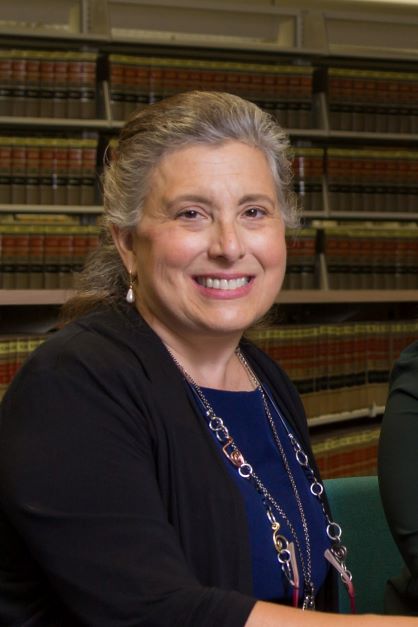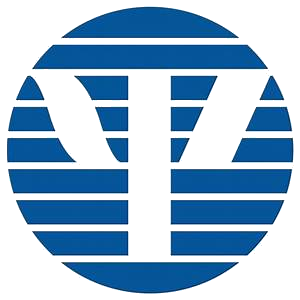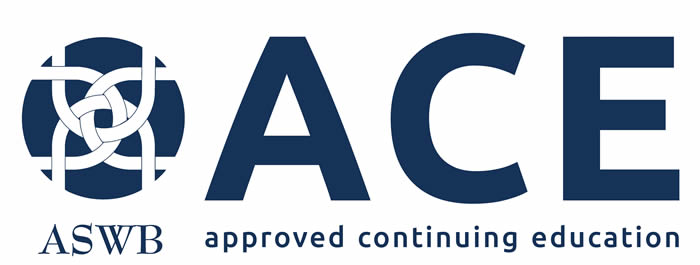
COURSE CREDITS & HOURS
14 AMA PRA Category 1 Credits™14 ACPE Credits
14.0 Contact Hours
14 CE Credits for Psychologists
14 ASWB ACE Credits
4 Hours of Pharmacology for NPs
COURSE FEES
TARGET AUDIENCE
PROGRAM PURPOSE
The National Drug Control Strategy asserts that addiction treatment should be integrated into mainstream health care, however, graduate and post-graduate medical education is generally insufficient to adequately prepare medical providers to manage SUDs at the level of primary medical specialties. Training of medical professionals using CME framework can target gaps in knowledge and skills and improve the rates of recognition and treatment of SUDs.
This series of interactive lectures will provide participants with the latest evidence on the strategies to recognize and effectively manage individuals with opioid, tobacco, alcohol, stimulant, sedative-hypnotic, and cannabis-related disorders. Managing individuals with SUDs and co-occurring psychiatric disorders will also be discussed. Presented material will be illustrated with cases from the primary care setting with opportunities for the audience to problem-solve cases and to practice clinical skills. Throughout presentations we will discuss how to implement the new information and skills in the daily clinical practice of participants to improve patient care.
Topics:
- Addiction as a chronic brain disease
- Recognize the nature of abnormal behavior characterizing addiction and how it results in a chronic and relapsing medical/behavioral disorder.
- Screening, evaluation, and diagnosis of substance use problems
- Apply screening tools and techniques needed to discuss substance use with their patients, influence them to accept treatment, and refer them knowledgeably to a specialized addiction treatment when appropriate
- Managing opioid use disorder in the general medical office
- Demonstrate skills to evaluate and discuss with patient available medications to treat OUD and to initiate pharmacological treatment in the general medicine setting and to counsel patients on overdose prevention
- Managing tobacco and alcohol use disorders
- Counsel patients about benefits of medical treatments for tobacco and alcohol use disorders and effectively use medications to help patients reduce or stop using these substances.
- Safe prescribing of controlled substances in general practice: prescription psychostimulants and sedative-hypnotics
- Implement in their practice procedures for monitoring safety and misuse of prescribed controlled substances and to develop risk minimization strategies for their practices
- Managing cannabis use and cannabis use disorder
- Implement a plan to assess and address cannabis use in patients who are treated for other medical and psychiatric disorders.
- Evaluation and treatment of psychiatric problems in patients who use substances
- Develop and implement protocols and acquire skills to identify and treat psychiatric problems in substance-using substances using behavioral and pharmacological interventions
















 Credit Designation for Social Workers: As a Jointly Accredited Organization, Continuing Education, Inc is approved to offer social work continuing education by the Association of Social Work Boards (ASWB) Approved Continuing Education (ACE) program. Organizations, not individual courses, are approved under this program. Regulatory boards are the final authority on courses accepted for continuing education credit. Social workers completing this course receive 14 Clinical continuing education credits.
Credit Designation for Social Workers: As a Jointly Accredited Organization, Continuing Education, Inc is approved to offer social work continuing education by the Association of Social Work Boards (ASWB) Approved Continuing Education (ACE) program. Organizations, not individual courses, are approved under this program. Regulatory boards are the final authority on courses accepted for continuing education credit. Social workers completing this course receive 14 Clinical continuing education credits.













